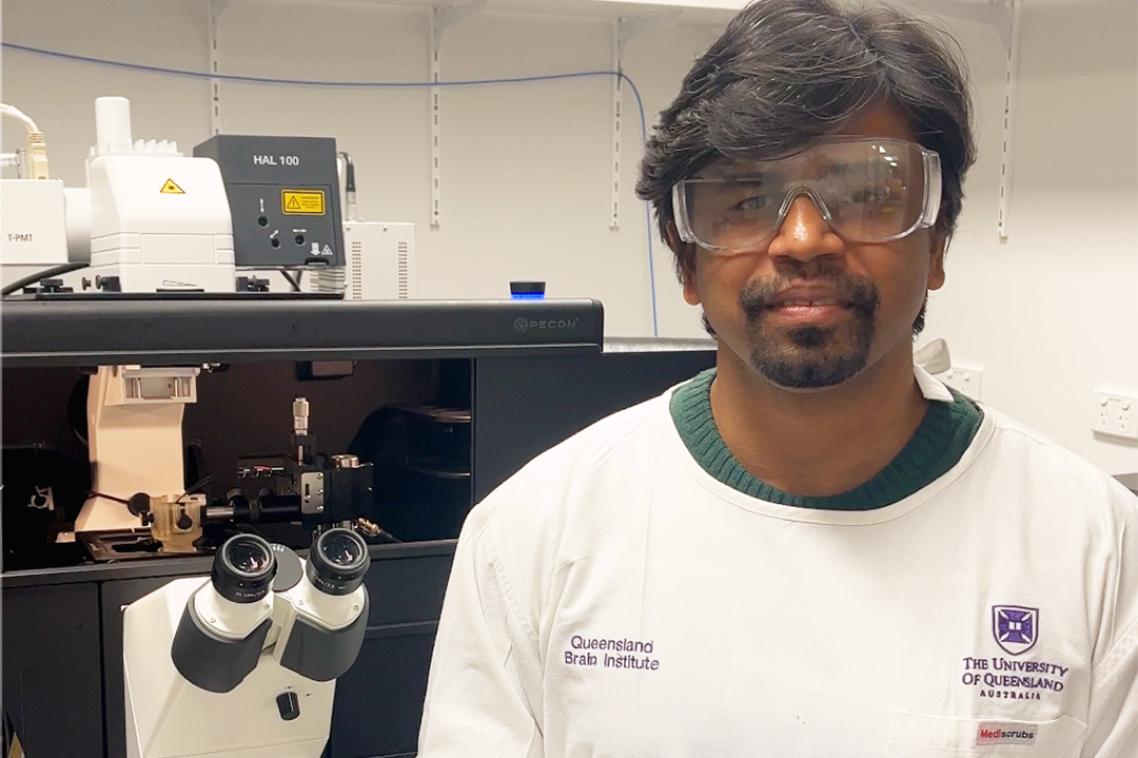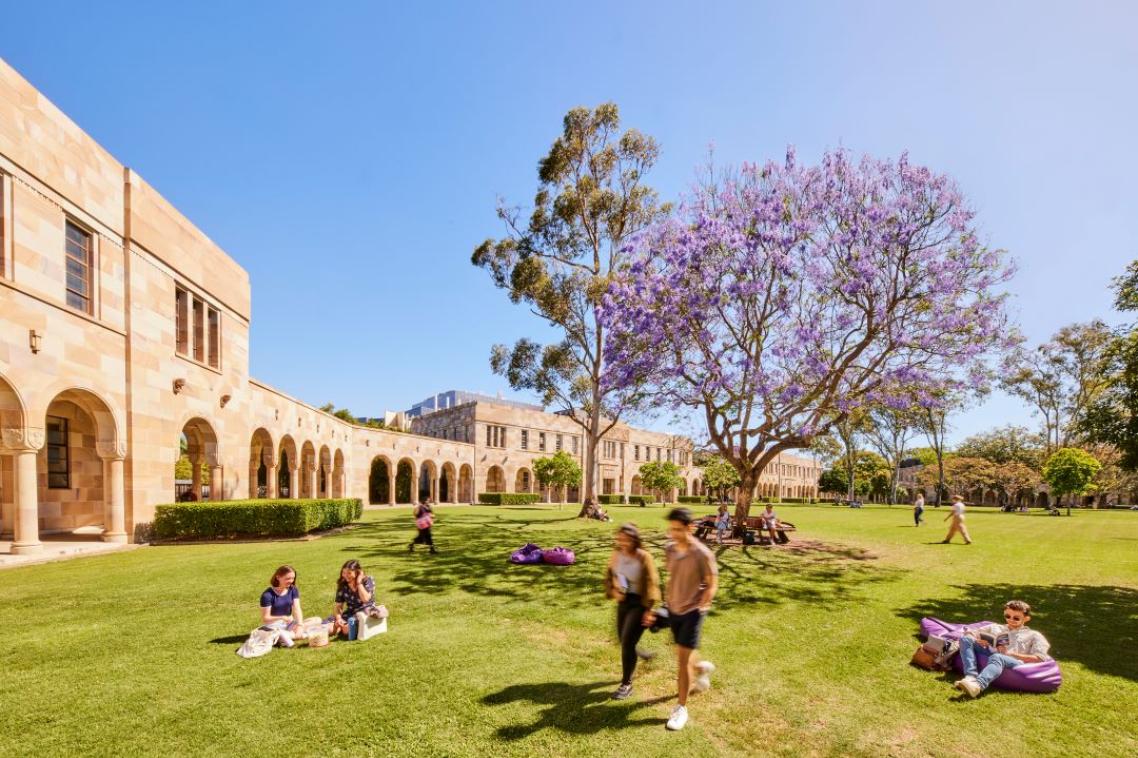Natural disasters take an emotional toll on kids
Children caught up in the emotional aftermath of the NSW bushfires need ongoing support to help them understand their feelings are natural and normal, according to a University of Queensland clinical psychologist.
Dr Vanessa Cobham said her work with flood-affected Queensland communities over the past two years had convinced her of the need for government agencies to offer ongoing support to families and particularly children following a major disaster.
“After a natural disaster many people experience some anxiety and stress, which is completely normal,” Dr Cobham said.
“Most people haven’t been through an experience like that before, so they don’t know what to expect or what is ‘normal’ in terms of the emotional impact.
“Children and adolescents are a particularly vulnerable and often overlooked group.
“Without access to evidence-based professional intervention, about 10 per cent will experience persistent symptoms of post-traumatic stress and other related problems such as depression.’’
Dr Cobham and Professor Brett McDermott were appointed Deputy Chair and Chair of the Mater Statewide Child and Youth Recovery and Resilience team for Queensland Health (QH) after Queensland’s floods in 2011.
Dr Cobham has collaborated with Triple P – Positive Parenting Program founder Professor Matt Sanders to create a two-hour Disaster Recovery Triple P (DRTP) parenting seminar to provide emotional support, information and reassurance to parents in disaster-affected communities.
The free seminars were offered to parents in disaster-affected communities around Queensland, including the Lockyer Valley, Ipswich, Tully, Cairns, Roma, Bundaberg and Brisbane, following the 2011 floods.
Dr Cobham said common emotional and behavioural responses in children and adolescents after major disasters included sleep difficulties and nightmares, displaying behavior often expected of younger children, being hyper-alert for signs of danger and feeling anxious, irritable or sad.
The seminar teaches parents strategies to deal with such reactions and covers why some children are more affected than others and what parents should do if they have ongoing concerns about their child’s wellbeing.
It has been offered through the beyondblue Child and Adolescent Bushfire Response directed by Dr Cobham in Tasmania following the bushfire crisis this year and is being rolled out by the Alberta government in Calgary, Canada, following wildfires in June.
Dr Cobham said feedback from more than 200 Queensland parents who attended a DRTP seminar had been extremely positive.
MEDIA: Paddy Hintz 0431 706822
Related articles

New ultrasound imaging to map drug delivery into the brain

UQ honours global leaders in July graduations
Media contact
UQ Communications
communications@uq.edu.au
+61 429 056 139
